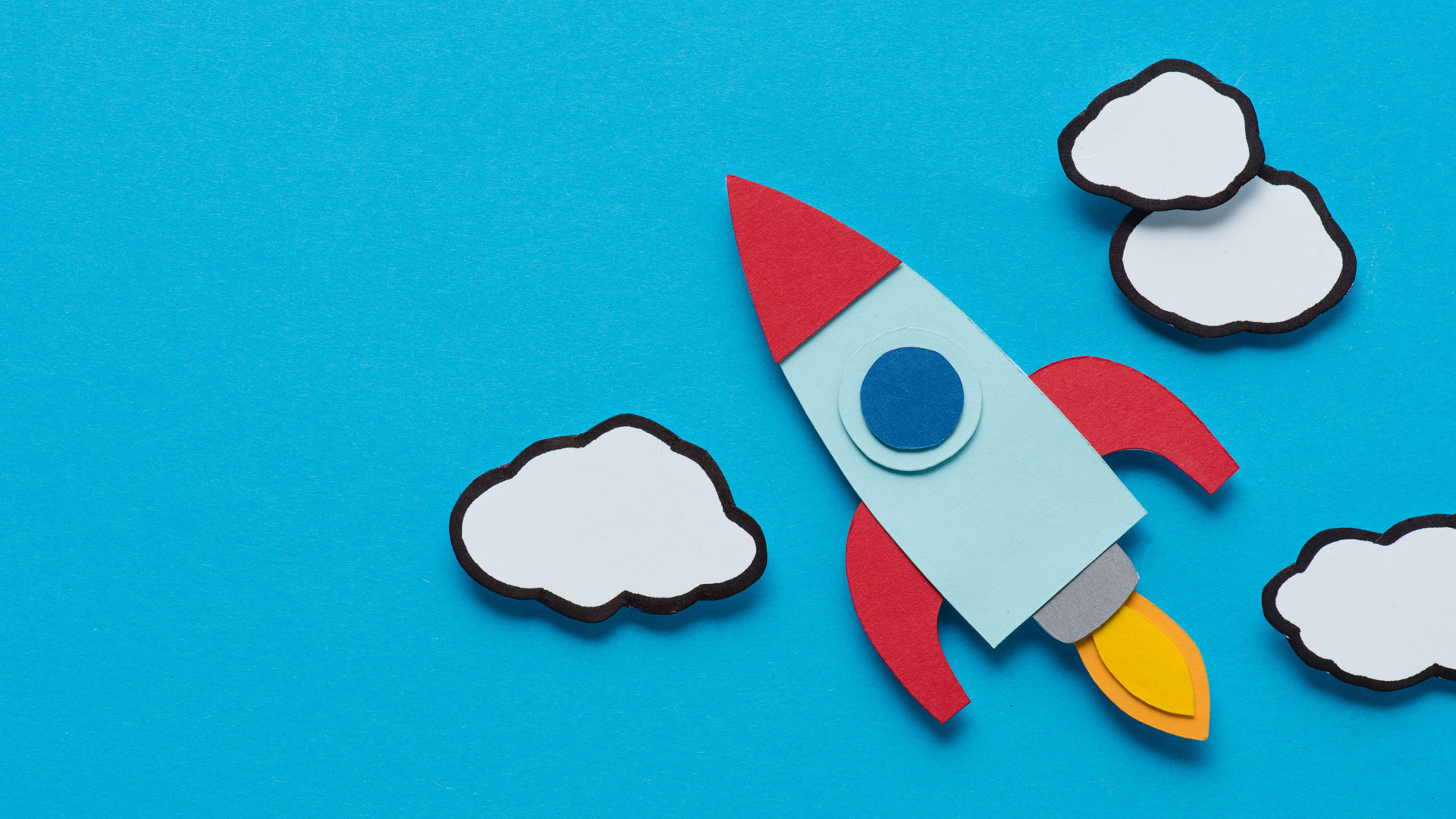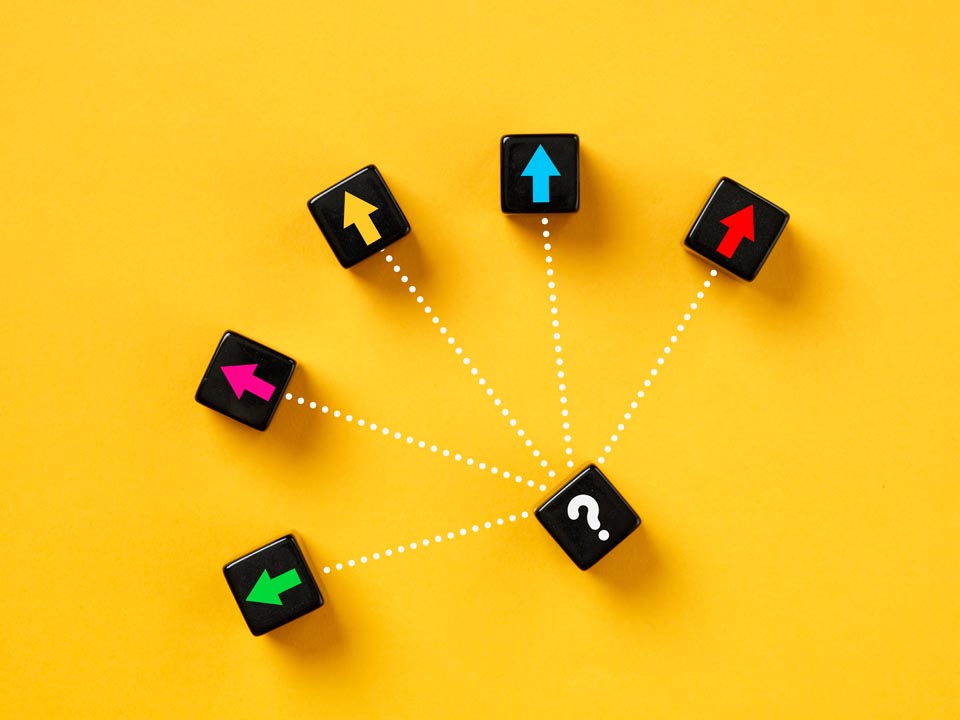Are you an expert in goal setting or do you prefer to freestyle? Thom Dennis explores the pros and cons of both
Goals can guide how we behave and influence a number of factors from performance level to degrees of conflict to the success of leaders. If goal setting helps us to identify what we want to accomplish, create a plan of action, and monitor our progress towards a desired outcome, is there really a downside? Almost certainly a more freestyle way of working is likely to involve approaching situations without constraints, and with more creativity, flexibility and curiosity which are increasingly favourable traits. So how important is goal setting?
There is remarkably very little up-to-date data on goal setting. We also need to distinguish between personal goals and those of the business and to check whether they are aligned because of the micro/ macro dynamics of individual satisfaction and happiness versus meeting business targets and budgeting. Healthy personal goal-setting examples include a desire to develop new skills, build on our credentials, look for leadership opportunities, expand our professional network, do things to increase job satisfaction, learn more about our field, improve our team culture, or find ways to learn from others. However, overly goal-oriented workplaces can lead to conflict, increased pressure on individuals and a culture which is more competitive and less collaborative.
The benefits and drawbacks of goal setting
It is suggested that up to 30% of your capacity and performance potential is wasted when you don’t focus on your goal. Goal setting allows you to see where you are at and what you are aiming for and encourages accountability through checkpoints which can increase productivity, a sense of purpose in the workplace, as well as feelings of accomplishment. Goal setting allows individuals to become aware of their strengths and weaknesses to succeed and is often associated with being realistic, motivated, focused, committed and driven. If the brain has a focus, targets are more likely to be achieved. If you have ADHD for example this can be helpful for some.
Individuals that commonly take a more freestyle approach show complexity in their thought and engagement when tackling a problem
With up to 90% of businesses failing to reach strategic goals according to a study by The Economist there are serious drawbacks to goal setting. Excessive goals can lead to over-emphasis on a specific task while disregarding other aspects of the business which end up creating a sense of tunnel vision, other tasks being neglected and skewed risk preferences. If the task is not achieved individuals can become discouraged and lose motivation and enthusiasm. They can feel they are fighting against their instincts at times in order to achieve the goal, which can lead to stress, mental fatigue and burnout. Being to goal-driven can lead to an increase in poor conduct, conflict and the erosion of a healthy company culture.
The benefits and drawbacks of a free style work method
Instead of goals you might measure pro-social activities where colleagues help or learn from one another, encourage teams to work with purpose and ethically and engage in activities because they find them inherently rewarding, as opposed to encouraging individuals to desire maximum sole achievement.
A less rigid approach encourages exploration and self-expression and focuses on the process itself rather than the outcome. A freer style of working may result in colleagues being more self-directed and driven by personal motivation compared to external expectations and a laser focus on the end goal. Individuals that commonly take a more freestyle approach show complexity in their thought and engagement when tackling a problem and a natural propensity for flexibility when faced with creative challenges. A freer approach allows individuals to develop and experiment throughout the process to overcome challenges and learn from their mistakes with continual feedback. Employees may feel less stress thereby benefitting well-being.
There are downsides including the effects of not necessarily having a clear purpose and focus leading to individuals deviating from the task more than in a structured goal-oriented setting. While a freer working style encourages more individuality and creativity it can come with less accountability and the possibility of reduced productivity and performance and some level of chaos which can cause stress and burnout.
Ultimately working in a goal-setting or freestyle manner is not binary and very few of us only work to either extreme. Equally, it might be more important to balance the individual’s desires for goals and to see whether they are aligned with that of the business. Understanding what are the business’s and the individual’s drivers, having flexible goals that are driven by the purpose, and a healthy culture of an organisation are all paramount, whilst keeping a sense of context and proportion. When reflecting on whether we are meeting goals, did you take time to enjoy and learn from the journey?
Thom Dennis is CEO of Serenity in Leadership




